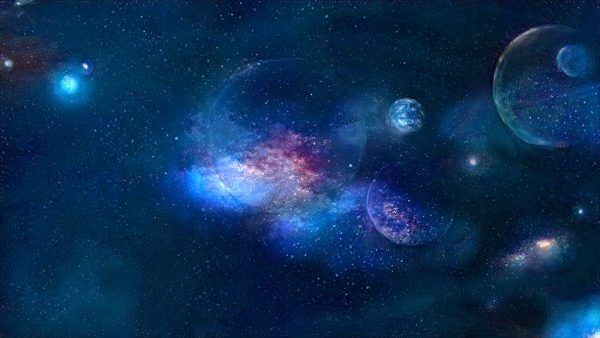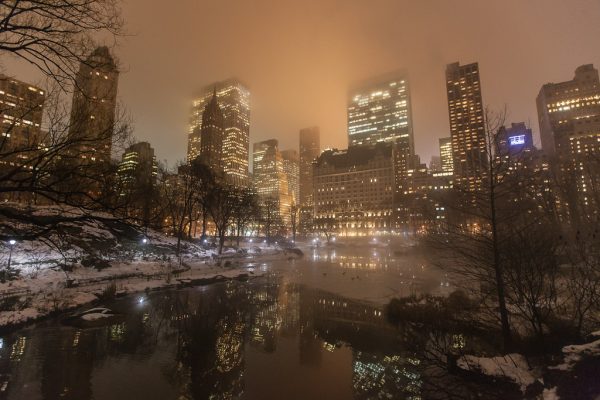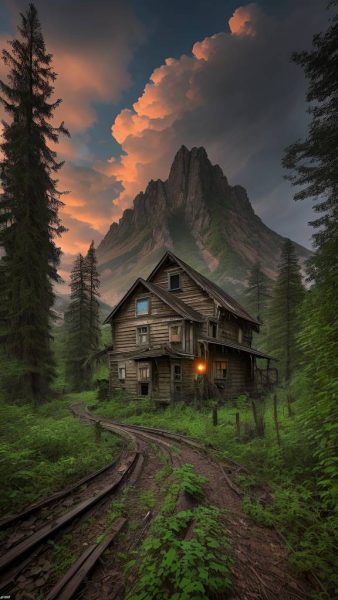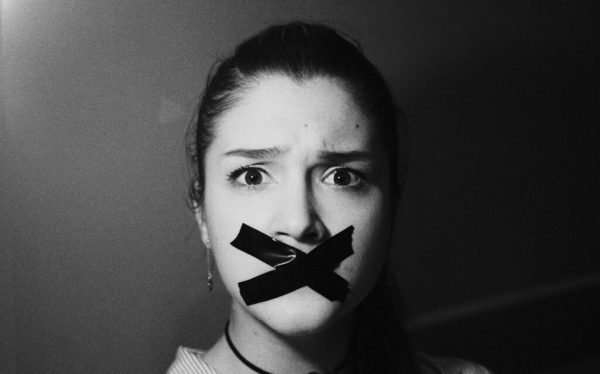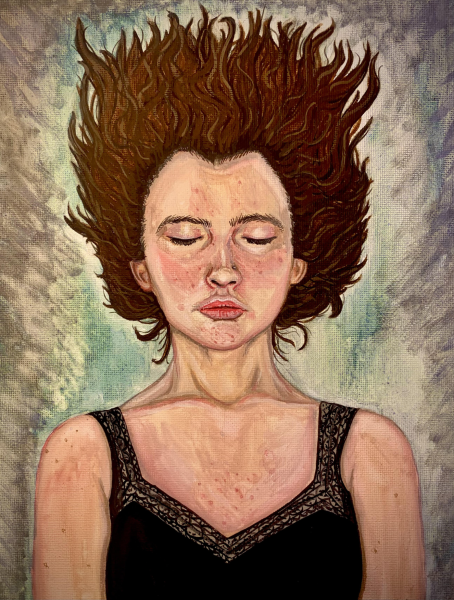Plague
May 28, 2020
When the plague broke out in the 14th century, there was a paranoia, a fear, a realization amongst the people that their time had come. This was God’s punishment, a way for the people to atone for their sins and crimes. It was the Armageddon, the Second Coming, the Judgement Day.
Shutters were drawn, doors bolted, and people remained inside, praying for God to spare them.
God was merciful, it seemed, in that He spared tens of millions of people. How He knew which ones to save, no one really knew, for the plague did not discriminate between the rich and the poor, the Catholics and the Protestants and the Jews. Those who survived were more or less equal for a time and they were grateful to have been saved, so they learned the values of generosity, science, and art. But there was only so much good they were willing to learn.
When the plague hit the Americas in the 16th century, the survivors did not bat an eye. They danced among themselves, safely nestled an ocean away. They did not care for the hundreds of millions of people who were killed, nor did they try to help. After all, the ones dying were the ones who turned their backs on God – the ones who spit in the face of God.
By 1918 the power of God started to fade away, although He still held influence over millions of people who were thinly stretched across the world, found in the far corners on the Earth. But the wars being fought were no longer over petty differences in religion; instead they over desires of expansion, of power, and of greed. And as millions of soldiers fought in the brittle cold of Europe, the plague hit again, in a different form from before, but a plague nonetheless. Tens of thousands of servicemen were slaughtered that year, the year that was supposed to end the Great War, and they were killed by coughs and fevers and runny noses on top of the bullets and poisonous gas already unleashed upon them.
The survivors of the war brought home a different sort of battle, a fight to be held on the homefront within the bedrooms of the people. Again, shutters were drawn, and in the time of isolation and desperation, the people turned to God, praying and begging to be spared.
Schools were still open, Mass continued to be held, but within each neighborhood there was a family or two inflicted that refused to go out. People were being killed by the hour – a group of women who met for a game of bridge was found dead the morning after, their foreheads still warm.
There were no rumors of God’s revenge that time, in fact any mention of God was made solely in the context of community, although any gathering of community could only do more harm, and people seemed to have forgotten God’s role in the plague, for people of all religions and races and sexes and nationalities were being killed, and there was no clear indication as to why some were left unscathed and able to survive as their relatives fell dead.
And the next plague is now, hitting countries throughout the world in the span of weeks, its long-term effects still widely unknown. It hit first in China, in the midst of celebrations reigning in the new year, and with the effects of globalization, it inevitably traveled west, completely shutting down all of Europe and the United States, forcing workers and students alike to be isolated at home.
Economies are being put on pause and any disputes between the Great Powers are ignored while the world turns its focus onto the virus and the horrors it has unleashed..
It’s still the beginning, the full depth of those horrors not yet felt, but it’s coming. We lie in anticipation, in our beds and our couches, but nowhere else because the outside world is closed off, made only to view from the safe distance between our living rooms and the television.
God is mentioned only in prayer now, any blame on Him or word of His wrath nowhere to be heard, the leaders of the great nations ignoring any role God might have, the role our ancestors gave Him centuries ago when they were the victims instead of us. Hope for survival rests, not on God, not anymore, but instead on technology, on the medicine we’re told is being made and developed, on the science that we’ve transferred all our trust to. There is no talk of the end of the world – in fact, the talk is of quite the opposite. The world is simply put on pause, but not indefinitely, only for a few months, and then we’ll be back. The Earth still rotates, still goes on in its cycle, and so shall we – for when this is over it will be summer, with the sun shining blindly upon us as we leave our couches and beds and homes, abandoning our self-imposed quarantine. The survivors will gather together and smile and laugh – but also mourn the ones who were taken by a force greater than God, one that did not discriminate in its taking, but was greedy nonetheless.
